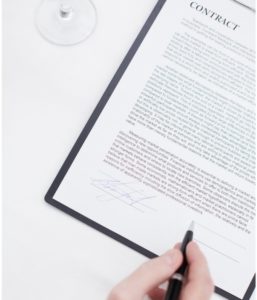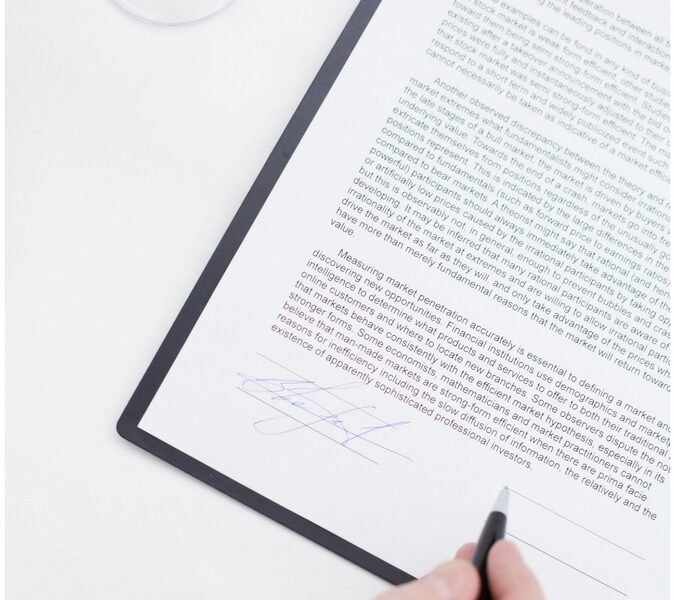 Software has transformed the way we conduct business and is quickly transforming the way we live our lives. It runs many of the devices we use every day, from the devices we use to surf the Internet, to the computers we use to process data and disseminate information, to the smart phones we use to communicate with colleagues and friends, to the coffeemakers we use to get the day started, to the toys our children use to learn basic language skills. Software runs virtually all of the devices we take for granted yet use and depend upon to make our day-to-day lives, well more comfortable and convenient.
Software has transformed the way we conduct business and is quickly transforming the way we live our lives. It runs many of the devices we use every day, from the devices we use to surf the Internet, to the computers we use to process data and disseminate information, to the smart phones we use to communicate with colleagues and friends, to the coffeemakers we use to get the day started, to the toys our children use to learn basic language skills. Software runs virtually all of the devices we take for granted yet use and depend upon to make our day-to-day lives, well more comfortable and convenient.
Software companies make money licensing their software to their customers and clients around the world. More and more that licensing is done via the Internet. There are many different provisions in a software license to be aware of, but the most important ones are usually the grant clause, indemnification provision and assignment clause. These provisions are particularly important in software transactions between enterprises where the licensee process huge amounts of data, rely on the software for all day-to-day business activities, and are potential takeover targets for larger companies.
Indemnification Provisions in Software Licensing Agreements
This post discusses some important points to keep in mind when reviewing the indemnification provision in a software license. If you represent the licensor, and the parties agree that the license should contain an indemnification provision, make sure of the following:
- The provision should be drafted to ensure that the licensor maintains complete control of the defense and receives from the licensee the assistance necessary to mount a successful defense or settle the case.
- Exclude from the provision’s coverage all instances where the licensor’s software is not responsible for the event that gives rise to the claim.
- Impose a financial cap on the licensor’s duty to indemnify the licensee. This cap should be established at an amount equal to no more than the license fees and royalties, if any, that the licensor has received from the licensee under the license.
- Limit the licensee’s remedies to (1) modifying the software so that it no longer infringes, (2) replacing the software with non-infringing software, or (3) returning the license fees to the licensee.
From the licensee’s perspective, since its being indemnified by the licensor the indemnification provision must survive expiration or termination of the license because an infringement claim may very well be filed after the license has long ago terminated or expired. In coming weeks I will share a real life example recently handled by the Finkel Law Group.
If you want more information about how to negotiate licensing agreements, please contact us at Finkel Law Group. You can reach us at (415) 252-9600 or info@finkellawgroup.com.

